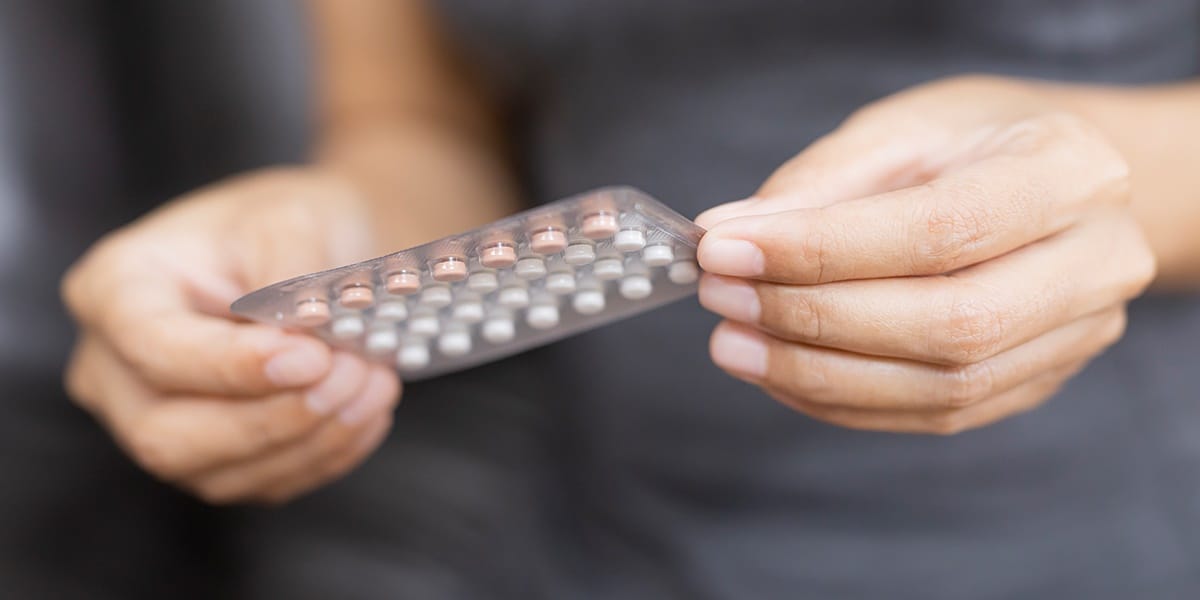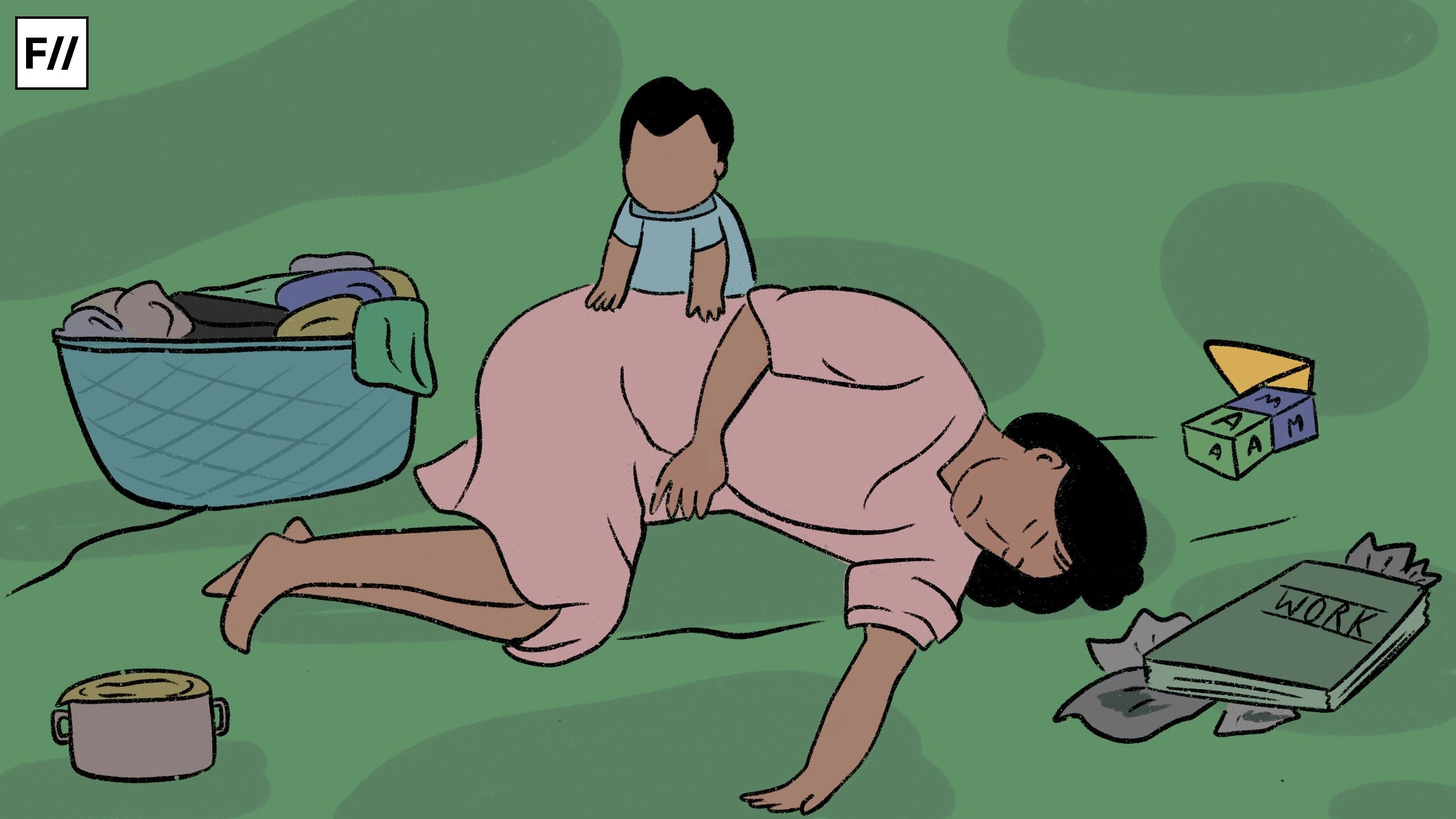In the latest update, the Central Drugs Standard Control Organisation (CDSCO) is most likely to recommend a ban on the Over-the-counter (OTC) sale of all hormonal contraceptive drugs, including oral emergency contraceptive pills (ECP). The speculated ban has emerged after the concerns raised by the Tamil Nadu government for a ban on the OTC sale of hormonal contraceptives. It cited “its irrational usage” as the reason for a ban at the 62nd Drugs Consultative Committee meeting held in September 2023.
After this, an expert sub-committee formed by CDSCO is all set to recommend that the Drugs and Cosmetic Rules of 1945 be suitably amended to make these drugs prescription-only. The Panel will soon submit a report, as reported by The New Indian Express. Followed by a six-member expert group-based sub-committee mandate will be studied.
Accordingly, recommendations will be made regarding whether such a ban is required or not. Professor Pinkee Saxena, of the Department of Obstetrics and Gynecology at Lady Hardinge Medical College, chairs this committee. MN Sridhar, the Joint Director of the Drugs Control and Controlling Authority (in charge), and an Indian Council of Medical Research (ICMR) representative are the other members.
Why are over-the-counter sales of morning-after pills likely to be banned?
The government raises concerns about the safety and misuse of hormonal contraceptives, particularly among vulnerable populations, which have driven this move. Experts worry that unrestricted access to ECPs (morning-after pills) could lead to misuse. Health risks such as pulmonary embolism and irregular bleeding have raised alarms, prompting the call for a prescription-only policy to ensure that a healthcare provider evaluates each case before prescribing ECPs. While some support the ban to prevent misuse, others argue that restricting access could lead to higher rates of unwanted pregnancies and unsafe abortions, especially given the limited access to healthcare in many parts of the country.
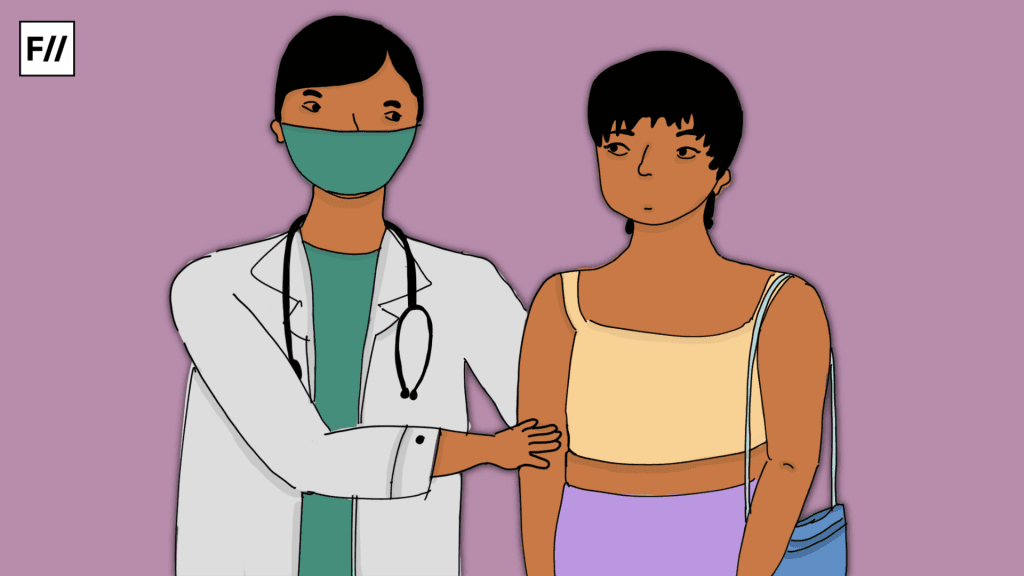
However, hardly 6 per cent of women in India have ever used morning-after pills. The concerns of the government are not backed by data. According to a meta-analysis titled, ‘The Use of Emergency Contraceptive Pills (morning after pills )in India,’ women in India have their reasons for not using them. These reasons are rooted in their religious and cultural beliefs, fear of side effects, and a lack of knowledge about dosage, timing, and access points. The meta-analysis also highlights even moral policing by several gynaecologists themselves stops them already from its usage.
India is a very religious nation. Our religious beliefs consider sexual intercourse before marriage as ‘sinful,’ and ‘unholy.’ Hence, sexual intercourse before marriage is immensely stigmatised in the country. Because of this, studies indicate that even gynaecologists around three-quarters of them believe in marriage being an important pre-requisite for usage of ECPs.
What are morning-after pills?
Known as the morning-after pill, ECPs were introduced to India in 2002. They can prevent a pregnancy if taken within 72 hours of unprotected sex. That’s why, they are known as Emergency Contraceptive Pills. Experts suggest how access to the drug can prevent unwanted pregnancies and also avert abortions. ECs taken within 72 hours of unprotected intercourse are 75–85 per cent effective. But they don’t work as well as other types of birth control. The emergency contraception isn’t meant for routine use.
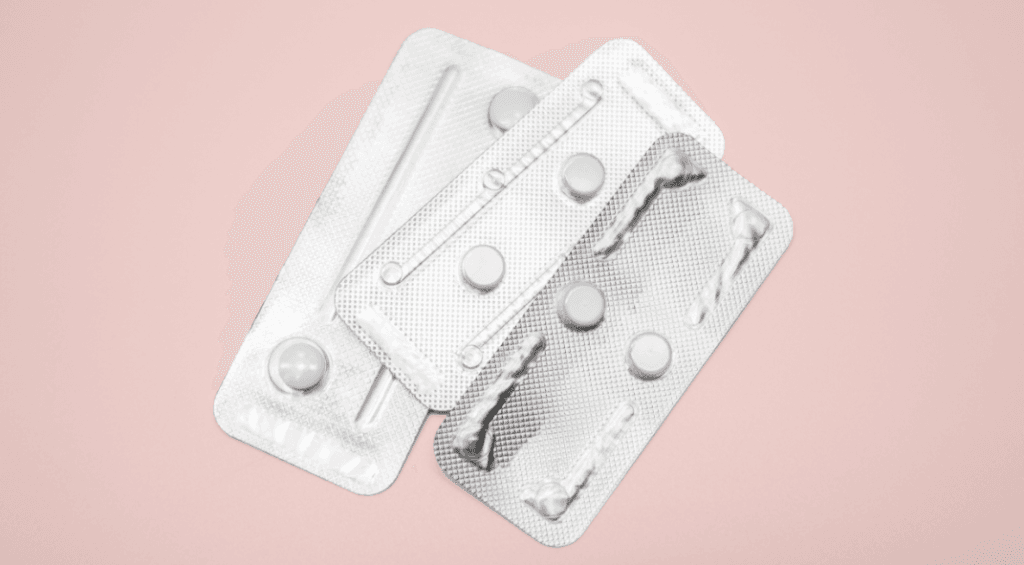
Also, the morning-after pill might not work even if you use it correctly. And it doesn’t protect you from sexually transmitted infections. At present, there are seven EC pills available in the Indian market. All of them are sold over the counter. Their cost is about 1.84 USD per pack.
Are ECPs easily accessible in pharmacies?
In 2001, the Drug Controller General of India approved the morning-after-pill, as the dedicated product for Emergency Contraceptive. It was also included in the national family planning program of 2003. Made available in 2005, it only gained an increased popularity by 2007 amongst young urban women of India through mass advertising by the manufacturing companies. They were made available through over-the-counter sales to bring down abortion rates and other associated mortality issues.

According to service delivery guidelines of the Ministry of Health and Family Welfare, emergency contraceptive pills can be dispensed by doctors, nurses, midwives, pharmacists, paramedics, family welfare assistants, and other clinically trained personnel as well as community health workers to improve their widespread use. However, all providers should be appropriately informed about ECPs. They should also counsel the clients for regular contraceptive usage. Currently, ECPs are over-the-counter (OTC) under the National Reproductive and Child Health Programme.
The private health sector, mostly pharmacies is the major source of these pills. Data from the National Family Health Survey-5 (2019-21), also reveals how 44.4 per cent of women obtained ECPs from pharmacies or drugstores, 25.6 per cent from government institutions, 16.3 per cent from private doctors and clinics, and 7.2 per cent from other shops. However, Buying ECPs in regular pharmacies itself is a struggle as most pharmacists are more freely able to communicate with male customers as compared with female customers, in fear of embarrassment and not wanting to lose their customers.
How many women use ECPs in India?
According to the National Institute of Health (India), Nearly three in every four (72%) partnered women need contraception in India. However, the same data from the NIH also suggests that only 49 per cent of Indian women use modern contraceptives and out of these, the pooled proportion of women who ever used ECPs was 6 per cent. Though the usage has increased in the past decade.
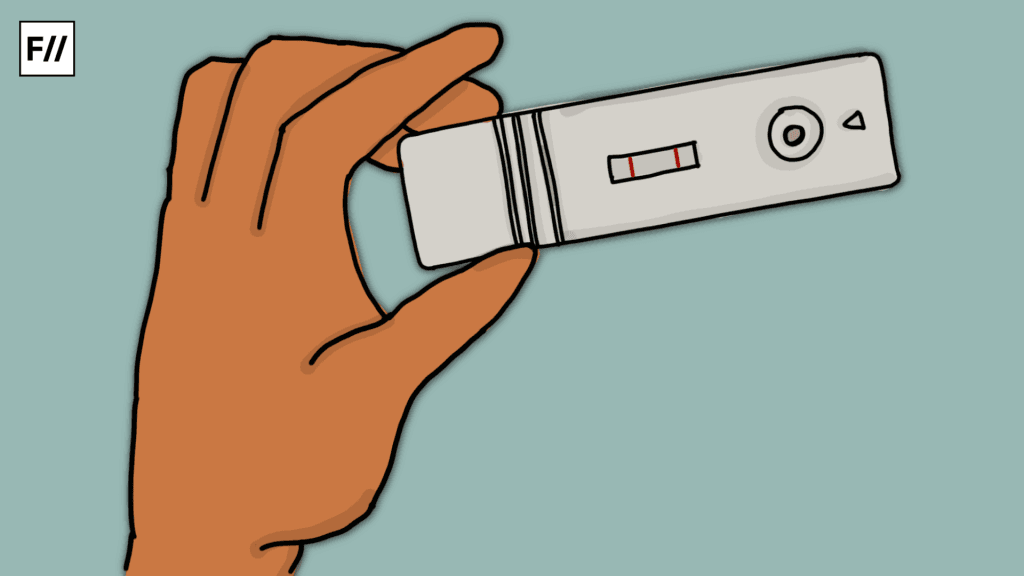
However, the difficulty in terms of access and availability persists. In urban areas, 0.9 per cent of women had used ECPs, compared to 0.6 per cent in rural areas, making a total of rarely 7 out of 1,000 women in India to have ever used or been using ECPs. Focusing on the mode of obtaining, the Family Health Survey also reveals that 57 per cent of women obtained ECPs through over-the-counter sales. This indicates that even though the usage of ECPs is less, the mode of access is mostly through over-the-counter sales. In this regard, a ban on the over-the-counter sale of ECPs would only make contraceptives more inaccessible for usage.
Another study that indicates ‘ Challenges and Opportunities of Mainstreaming of Emergency Contraception Pills In India,’ pointed out that by removing the requirement to go to clinics, ECP usage does increase. However, the overall public health impact may not be affected. It would not guarantee the high rates of unprotected intercourse and relatively an underutilisation of the method. “Neither pharmacy access nor advance provision compromises contraceptive or sexual behaviour,” said the study. Therefore, it only seems unreasonable to restrict access to ECPs to the pharmacies.
About the author(s)
As an independent journalist, writer, and aspiring documentary filmmaker, Stuti covers about social and political issues. Interested in development journalism she also highlights issues on human rights, gender, education, unemployment, law and others. She aims to start her own news media initiative in the future to transform the way development is covered and discussed in the news.
